Court orders Obasanjo, Yar?Adua, Jonathan, Buhari govts to account for $5bn Abacha loot
Justice Kolawole Omotosho of the Federal High Court sitting in Abuja has ordered the governments of former presidents Olusegun Obasanjo, Umaru Musa Yar’Adua, Goodluck Jonathan and Muhammadu Buhari to give an account of the $5 billion Abacha loot so far recovered.
It was reported that in a judgment delivered last week in a Freedom of Information suit number: FHC/ABJ/CS/407/2020, filed by the Socio-Economic Rights and Accountability Project (SERAP), the court ordered the government of President Bola Tinubu to “disclose the exact amount of money stolen by General Sani Abacha from Nigeria, and the total amount of Abacha loot recovered and all agreements signed on same by the governments of former presidents Obasanjo, Yar’Adua, Jonathan and Buhari.”
Justice Omotosho held that;
“In the final analysis, the application by SERAP is meritorious and the Federal Government through the Ministry of Finance is hereby ordered to furnish SERAP with the full spending details of about $5bn Abacha loot within 7 days of this judgment.”
Justice Omotosho ordered the government to “disclose details of the projects executed with the Abacha loot, locations of any such projects and the names of companies and contractors that carried or carrying out the projects since the return of democracy in 1999 till date.” The judge also ordered the government to “disclose details of specific roles played by the World Bank and other partners in the execution of any projects funded with Abacha loot under the governments of former presidents Obasanjo, Yar’Adua, Jonathan and Buhari.”
Justice Omotosho also stated that
“The excuse by the Minister of Finance is that the Ministry has searched its records and the details of the exact public funds stolen by Abacha and how the funds have been spent are not held by the Ministry. The excuse has no leg to stand in view of section 7 of the Freedom of Information Act.”
Justice Omotosho dismissed all the objections raised by the Federal Government and upheld SERAP’s arguments. Consequently, the court entered judgment in favour of SERAP against the Federal Government.
The judgment in part reads
“The failure of the Minister of Finance to write to SERAP informing it of where the said information exists or to transfer the request to public office who has custody of such information is fatal to their case under section 5 of the Freedom of Information Act.
The Ministry cannot use a blanket statement that it was not in possession of the said records of about $5bn Abacha loot sought by SERAP. The government failed to provide details of the projects executed with the money. It also failed to provide locations of the projects and the names of the companies and contractors that carried out or are carrying out the projects funded with the money.
I hold that by the clear wordings of section 7 of the Freedom of Information Act, 2011, access to information about spending details of $5bn Abacha loot was denied SERAP by the Federal Government.”
The Federal Government had filed a 14 paragraph Counter Affidavit deposed to by Abah Sunday, Litigation Officer in the office of the Attorney General of the Federation argued that SERAP’s suit is frivolous, as it has not shown that the government denied it the information it seeks.
The Federal Government has also stated that SERAP has not established sufficient interest in its application. The government urged the Court to dismiss the suit. For the sake of emphasis, possession of locus standi has been the bane of the citizens’ advocates, in the public interest litigation, to query transparency and accountability in governance in Nigeria.
In a democratic dispensation, such as in Nigeria, the citizens have been proclaimed the owners of sovereignty and mandates that place leaders in the saddle.
The requirement is a serious fracture of the citizens’ inalienable right to ventilate their grievances against poor governance vis-à-vis expenditure of public funds generated from their taxes. The sacrosanct provision of Section 1(2) of the Freedom of Information Act, which has ostracised this disturbing requirement, has, admirably, remedied the harmful mischief appurtenant to it.
Clearly, section 1 gives a person the right to access any information from any public institution in Nigeria. SERAP is an organization registered in Nigeria and thus a juristic person. As a juristic person, SERAP need not show any specific interest in the spending details of about $5bn Abacha loot to be entitled to the same.
I therefore hold that SERAP is entitled to the information on the spending details of about $5bn Abacha loot, and need not show any special interest in the information sought.
The provision of Section 4 of the Freedom of Information Act is quite clear and mandates that public institution or public officer such as the Minister of Finance and the Attorney General of the Federation and Minister of Justice must make available the information requested within 7 days of the request.”
In the letter dated 8 July 2023 sent to President Tinubu on the judgment, and signed by SERAP deputy director, Kolawole Oluwadare, the organization said








